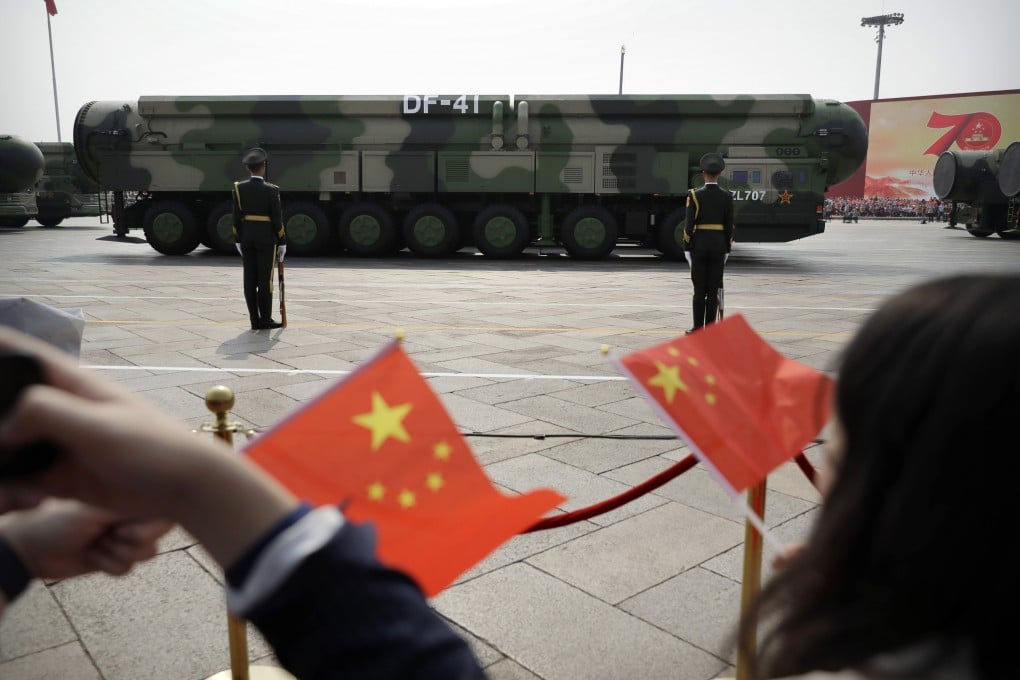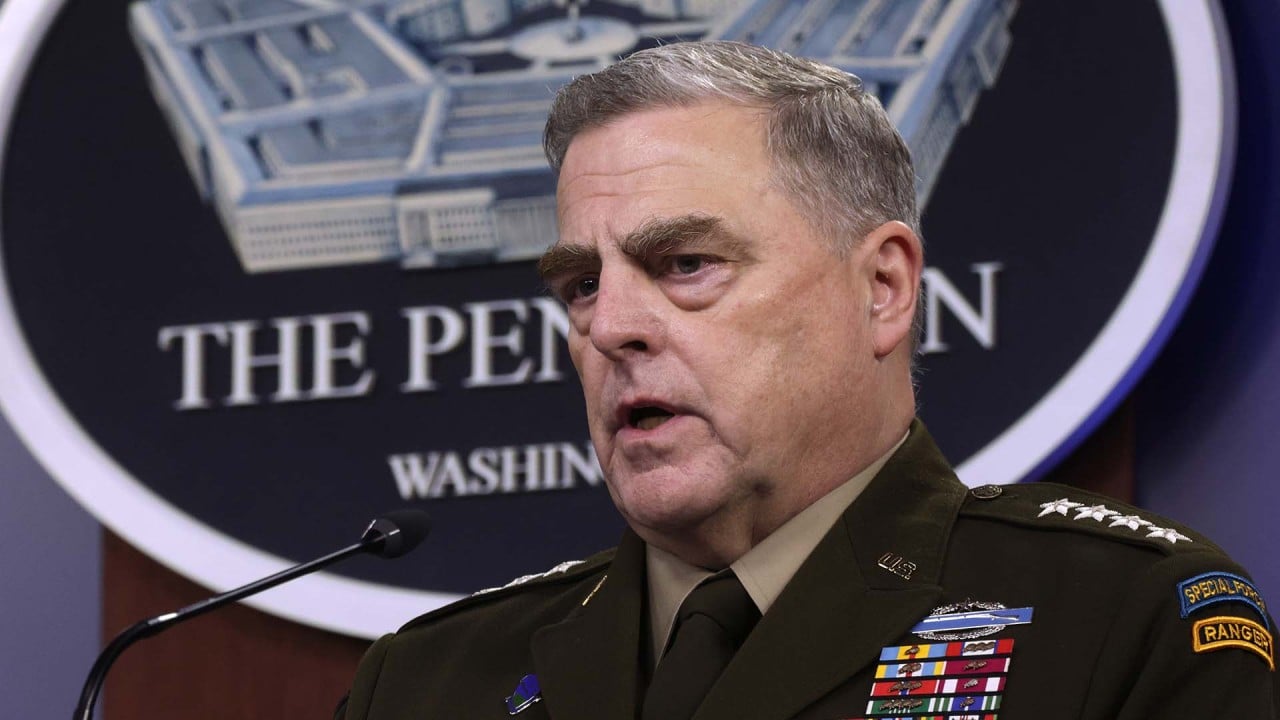Advertisement
Opinion | How to keep US-China rivalry from starting a nuclear arms race
- With tensions threatening to undermine strategic nuclear stability, talks are urgently needed to prevent the situation from spinning out of control
- Even if the relationship is destined to be marked by mutual suspicion, establishing strategic transparency is still possible
Reading Time:3 minutes
Why you can trust SCMP
29

China’s recently reported tests of a nuclear-capable hypersonic missile in July and August, though officially denied, are threatening to undermine strategic nuclear stability. They have already added to escalating tensions between the United States and China.
Throughout the summer, satellite images revealed that China was in the process of building as many as 300 new missile silos in its northern deserts. Some of these silos are likely to be used merely as empty decoys. But, if even half of them become sites for nuclear-armed missiles, it would represent a near-tripling of China’s nuclear arsenal.
Following these revelations, the US State Department warned that, “This build-up is concerning. It raises questions about the PRC’s intent … We encourage Beijing to engage with us on practical measures to reduce the risks of destabilising arms races and conflict.”
China’s ambassador for disarmament affairs, Li Song, responded the same day. He described the new Aukus pact between Australia, Britain and the US to help Australia acquire nuclear submarines as a “textbook case” of nuclear proliferation spurring a regional arms race.
To date, China has steadfastly refused to engage in talks with the US on strategic arms control – whether bilaterally or trilaterally with Russia – until the US makes substantial reductions in its own arsenal of active warheads. Yet by pursuing its own rapid expansion, China has begun to undermine this argument, making the need for talks increasingly urgent.
In September, former Chinese ambassador for disarmament affairs Sha Zukang became the latest prominent voice in Beijing to argue that China’s no-first-strike nuclear policy is no longer suitable.
Advertisement

